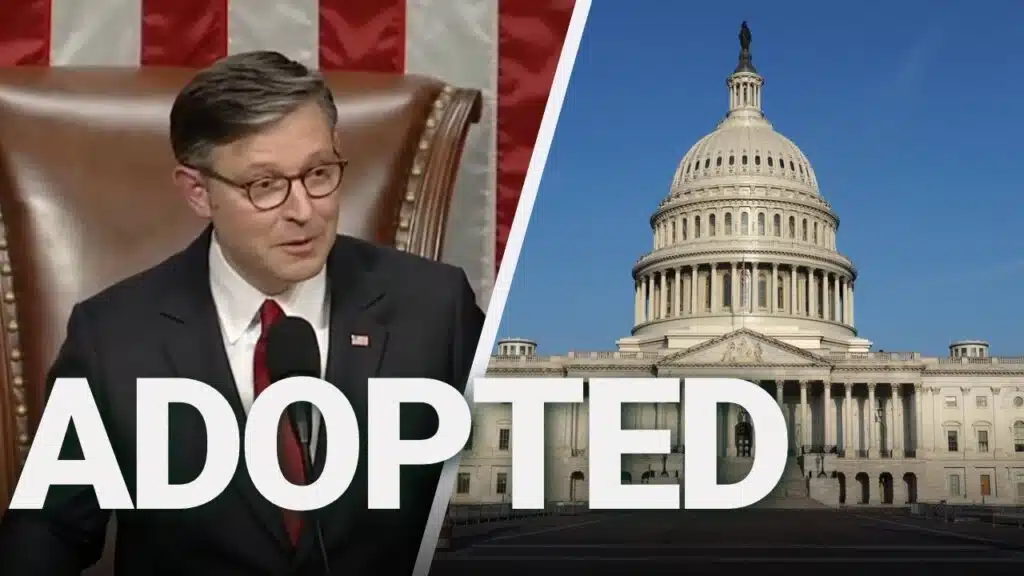
COVID-19 Fraud Numbers Prove the Feds Are Drunken Sailors
Taxpayers likely lost between $100 billion to $135 billion from COVID-19 unemployment insurance (UI) relief fraud.
All of this happened between March 2020 through March 2023.
This is according to a report that the U.S. Government Accountability Office (GAO) recently published.
“This is about 11 percent and 15 percent, respectively, of the total amount of UI benefits paid during the pandemic,” according to the GAO.
“GAO’s estimate is for the period from April 2020 (first full month of payments from all UI programs) to May 2023 (end of the public health emergency).”
RELATED: Congress Lacks Oversight When Con Artists Swindle Taxpayers
GAO auditors said they may never know with certainty the full extent of UI fraud that occurred during COVID-19.
During the pandemic, the U.S. Department of Labor (DOL) granted states about $1.4 billion to prevent, detect, investigate and recover fraud.
State officials nationwide reported finding about $55.8 billion in total overpayments—$5.3 billion of which were fraudulent. They reported recovering about $6.8 billion total, including $1.2 billion in fraudulent payments, according to the GAO.
Congress created four new unemployment insurance (UI) programs during the COVID-19 pandemic.
The four COVID-19 UI programs were:
• Pandemic Unemployment Assistance (PUA)
• Federal Pandemic Unemployment Compensation (FPUC)
• Pandemic Emergency Unemployment Compensation (PEUC)
• Mixed Earner Unemployment Compensation (MEUC)
IN THE NEWS: New Resource Reveals the Truth About Alejandro Mayorkas
“The PUA program in particular was at high risk for fraud due to its unique program rules and eligibility requirements,” according to a December 2022 GAO report.
“Specifically, the CARES Act allowed PUA applicants to self-certify their eligibility and did not require them to provide any documentation of self-employment or prior income. In October 2021, we reported that relying on program participants to self-report and self- certify information on agency forms, instead of verifying such information independently, could cause an agency to miss opportunities to prevent program fraud and abuse.”
RELATED: Taxpayers Rescue Georgia Business Whose Manager Blew $300,000 on Strip Clubs
As RVIVR reported in February, the UI programs during the pandemic were a key target for fraud. This is because fraudsters could receive a large amount of money in one payment. The UI system has also faced unrelenting attacks by foreign organized crime groups. International organized criminal groups targeted UI funds using stolen identities to file for UI benefits.
Follow Warhammer on Twitter @Real_Warhammer



